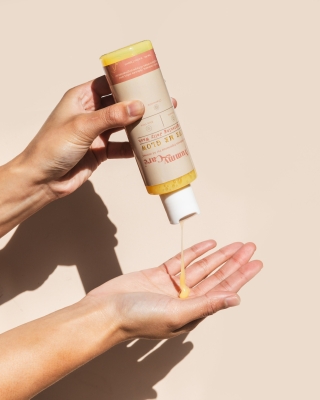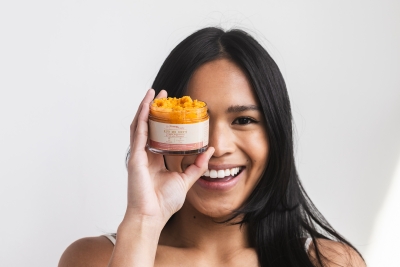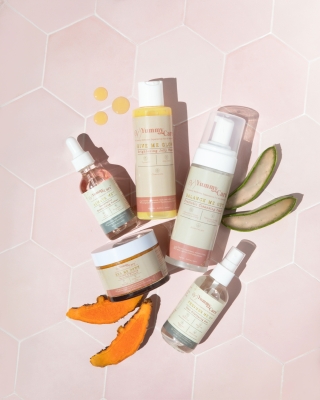Period poverty is a stark reality for many, yet it remains a largely unspoken issue. Recent reports reveal alarming statistics: 10% of female college students can’t afford menstrual products each month, leading to missed classes and heightened rates of depression. Moreover, 36% of employed women report missing work at least once a month due to their periods. These figures vividly depict a pervasive problem that transcends socioeconomic boundaries and affects millions.


The implications of period poverty extend far beyond the realm of hygiene. When individuals lack access to essential menstrual products, their education, economic opportunities, and overall well-being are severely hindered. Young women miss school, which can affect their academic performance and prospects. Employed women missing work face potential job loss and financial instability, further perpetuating cycles of inequality.
Without proper menstrual care, individuals are effectively barred from full societal participation. This bias not only stunts personal growth but also negatively impacts communities at large. The stigmatization surrounding menstruation oftencompounds these challenges, leading to feelings of shame and isolation.
Addressing period poverty requires a collective effort. Jonique Lynch, founder and CEO of Yummy Care feminine products, emphasizes the urgent need for collaboration among government agencies, private sector companies, non-profit organizations, and educational institutions. “This is not just a women’s issue; it’s a societal challenge that affects us all,” she states. “We need to come together to create comprehensive solutions for menstrual equity.”



Innovative approaches to combat period poverty are emerging around the globe. For example, some countries have implemented policies to provide free menstrual products in schools and workplaces. Other organizations are working to distribute menstrual hygiene kits to those in need, while advocacy efforts aim to destigmatize menstruation and promote awareness.
Society must recognize period poverty as a significant barrier to equality and well-being. By increasing awareness, providing access to menstrual products, and advocating for policy changes, we can help dismantle the barriers perpetuating this issue.
As we move forward, let’s commit to breaking the silence surrounding period poverty. Everyone deserves the dignity of access to menstrual products and the opportunity to participate fully in education, work, and community life. Together, we can create a future where menstruation is no longer a hindrance but a normal part of life, supported by a society that values and uplifts all its members.



Period poverty demands our attention and action. By fostering collaboration and implementing innovative solutions, we can pave the way for menstrual equity. It’s time to recognize that addressing this issue is not just about providing products; it’s about empowering individuals and building a more equitable society.
To learn more about Jonique Lynch’s product line, visit Yummy Care’s website: https://shopyummycare.com/.







Add Comment
You must be logged in to post a comment.